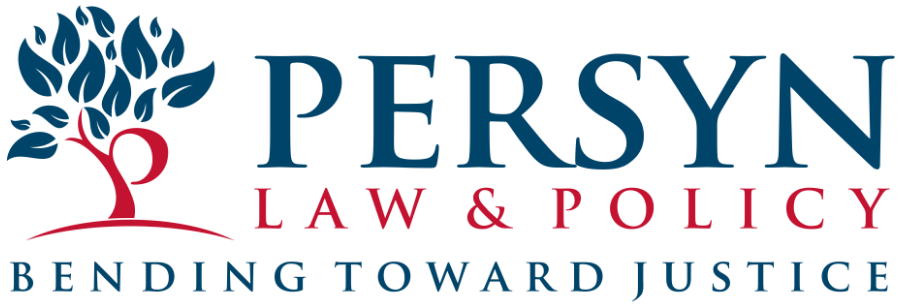Sadly, the case of Joseph H. v. California came to an end yesterday when the U.S. Supreme Court denied Joseph's petition for certiorari. The Court never states reasons, so we don't know why it found the case unsuitable. But the failure to confirm a ninth Justice may have something to do with it.
Everywhere I go, I ask lawyers and social workers and judges about this case. I haven't yet found even one professional who agrees that it's reasonable to Mirandize a ten-year-old--especially a traumatized one. Yet we have this result yesterday, and on Friday, Governor Brown refused to sign SB 1052, which would have required counsel for youth facing custodial interrogation.
The fight will certainly continue. In the meantime, here's the SF Chronicle's coverage of the story, with a quote by my client Frank Vandervort, president of the American Professional Society on the Abuse of Children:
Supreme Court refuses case of teen boy who killed neo-Nazi father, by Bob Egelko (Oct. 3, 2016)
Despite pleas from children’s advocates, the U.S. Supreme Court refused to intervene Monday in the case of an emotionally disturbed 10-year-old California boy who, under police questioning, confessed to fatally shooting his neo-Nazi father and was sentenced to be locked up until he turns 23.
The court, without comment, denied a hearing to lawyers for the youth and his supporters, who contended children cannot understand or meaningfully waive their right to remain silent.
The decision comes three days after Gov. Jerry Brown vetoed legislation that would have required juvenile suspects to speak with an attorney before a police interrogation.
The case involves a Riverside youth, identified as Joseph H., who found his father’s gun and shot him in the head as he lay sleeping on a sofa in May 2011.
The father was a leader of a neo-Nazi group called the National Socialist Movement and was also a drug addict who frequently beat Joseph, according to a state appeals court ruling in the case. When police arrived, the court said, Joseph told them his father had beaten him and his mother the day before. The court said Joseph had been exposed to drugs in his mother’s womb, suffered from attention-deficit hyperactivity disorder and was prone to violent outbursts.
A police detective read him the Miranda warning — that he had the right to remain silent and to speak to an attorney, and that anything he said could be used against him. At each stage, the detective asked Joseph whether he understood he didn’t have to talk. The boy answered yes to each question, then agreed to talk and described the shooting. A juvenile court judge later used his statements as evidence that he was responsible for the homicide, the equivalent of a second-degree murder conviction.
The state’s Fourth District Court of Appeal upheld the conviction in June 2015, saying a videotape of the questioning showed that Joseph “had no trouble communicating” to the detective and, despite his age and emotional problems, “voluntarily waived his rights.”
The state Supreme Court denied review four months later over the dissents of three justices, one short of the needed majority. One dissenter, Justice Goodwin Liu, said it was time for either the courts or the Legislature to decide “how the concept of a voluntary, knowing and intelligent Miranda waiver can be applied to a child as young as 10.”
In seeking U.S. Supreme Court review, advocates for Joseph H. said two-thirds of the states, including California, have no protections for juveniles facing police questioning. Other states require a parent or guardian to be present for juveniles below specified age limits.
“It’s completely absurd,” said Frank Vandervort, a University of Michigan law professor representing the American Professional Society on the Abuse of Children. “We know that children of that extremely young age can’t have any meaningful understanding of Miranda rights and what it means to waive them.”
The California legislation, SB1052 by Sen. Ricardo Lara, D-Bell Gardens (Los Angeles County), would have required youths under 18 to consult with a lawyer before police questioned them in custody. In his veto message Friday, Brown — who is also a lawyer — said he understood that youths were more vulnerable to pressure than adults and that studies show they are more likely than adults to make false confessions. On the other hand, he said, confessions can help police solve serious crimes.
“These competing realities raise difficult and troubling issues” that he is not yet ready to resolve by requiring attorney consultation, Brown said. He promised to work with all sides in the next year “to fashion reforms that protect public safety and constitutional rights.”
The Supreme Court case is Joseph H. vs. California, 15-1086.
